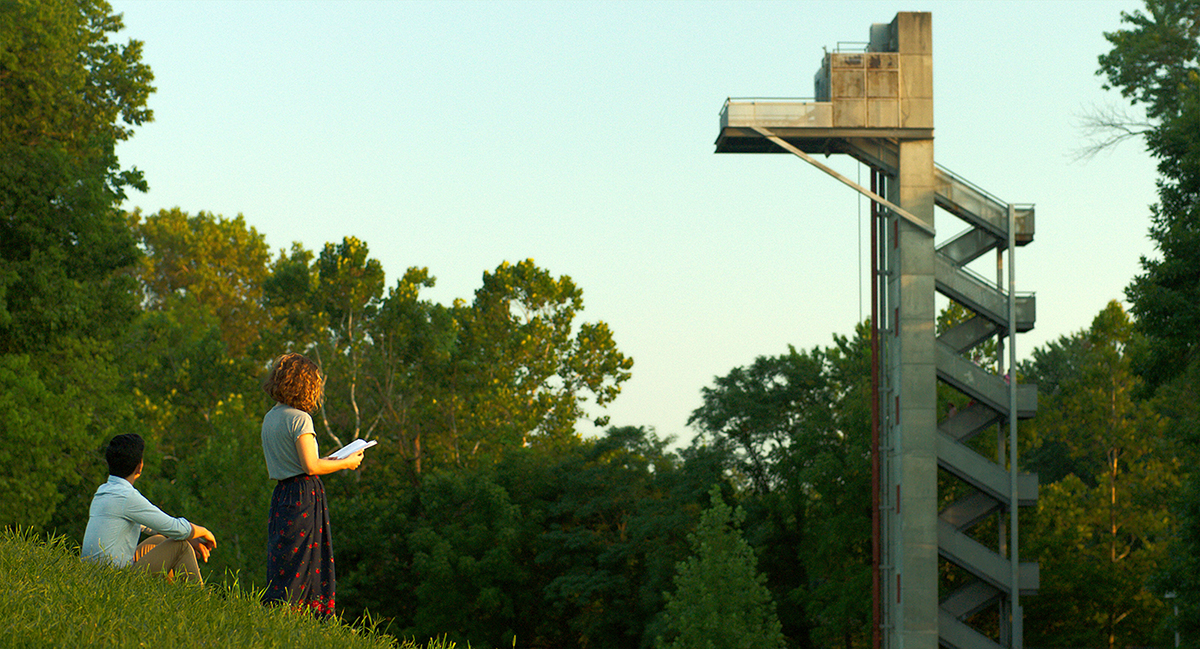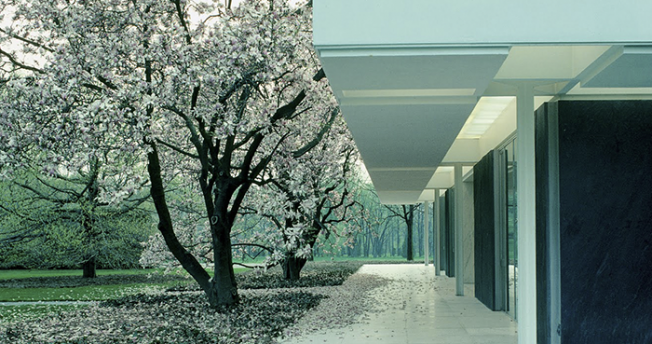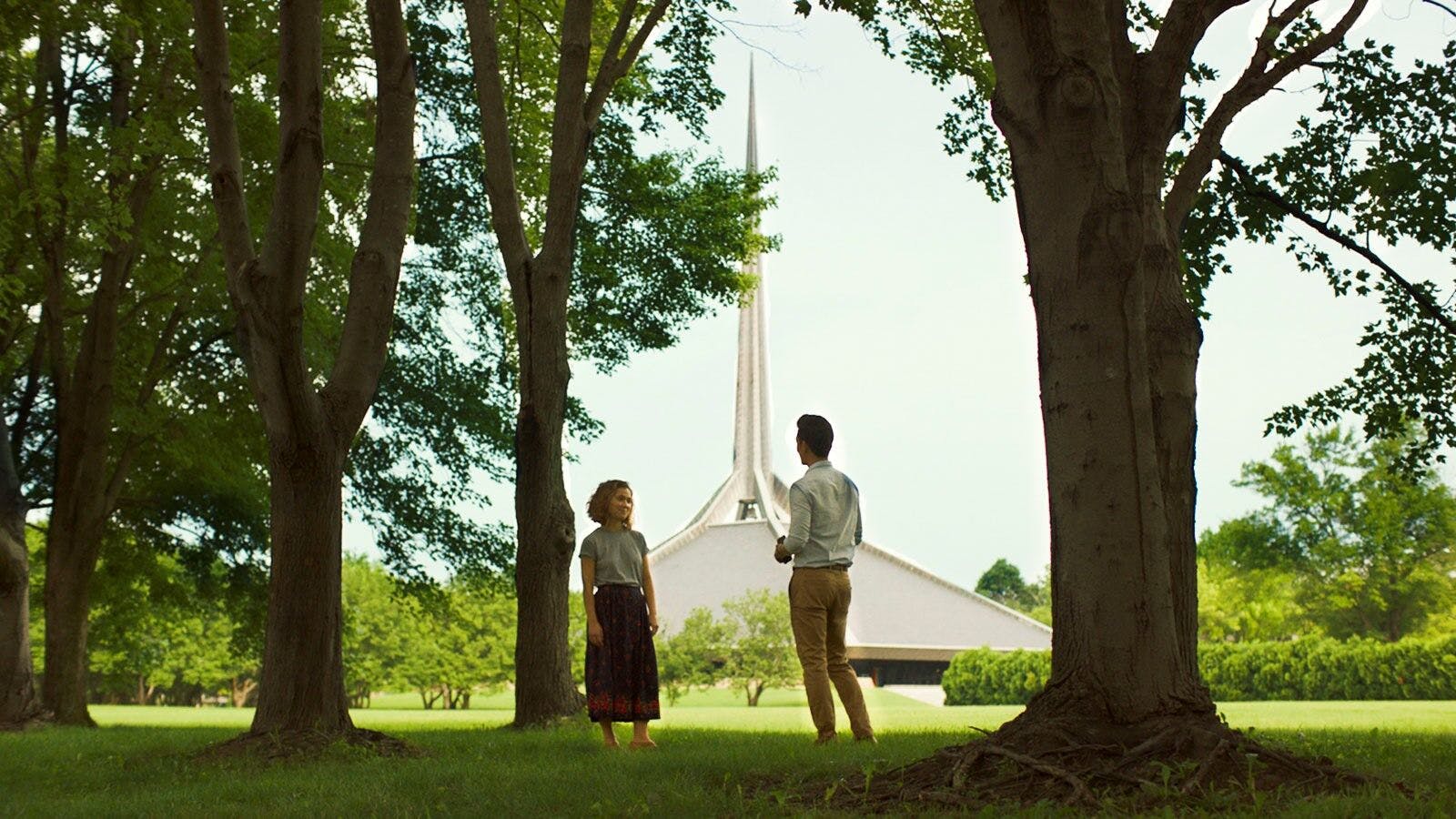nickthetasmaniac
Veteran
Of today's Hollywood directors Wes Anderson comes to mind.
Funny you should say this but Wim Wenders went to Japan back in (I think) 1985 to make a documentary about Yasujirō Ozu - who I featured in my opening post. It was called "Tokyo Ga". I came across it when it was included as a bonus feature in the DVD I bought of "Tokyo Story.
It is a pretty safe bet that Wenders is a big time fan of Ozu. And no doubt sought to emulate him in some ways. (Though I am not myself particularly familiar with Wender's work......yet......I suppose its a new line of obsession for me......:^)
Incidentally I wonder how much Ozu was influenced by Zen. It certainly seems to reflect in his work. Also his gravestone in or near Tokyo does not even have his name on it. Just the character "Mu" - nothingness.

Ozu`s Tokyo mono gatari (Tokyo stories) has become one of my favorite films. In this film it is interesting how the camera takes almost all scenes from a low position.
The low angle shot (as if seated on a tatami) and the consistent use of the 50mm lens are distinctive in Ozu's oeuvre. For what it's worth, I love Tokyo Story too.
Directors who cut their teeth in the silent era had a keen sense of visual exposition because that was the only means available at the time. Dialogue intertitles interrupted the flow of the movie and were perceived as cumbersome and inelegant. This general perception persisted with that generation even after dialogue became an integral part of the script. For example, directors like Ozu, Hitchcock, and Ford retained the "silent era" directing touch, manifested with a framing style that often resembles photography. I think they also gave a valuable lesson to later generations of directors, i.e. that the art of photography is a crucial element in the mix that makes a movie.
.
Wim Wenders comes to my mind.
Yes.
He is also an excellent photographer. And he loves using silver-halide film both for his movies and his photography.
Cheers, Jan
Have to disagree with you these days, as stated in many of his interviews, he prefers digital for his movies and analogue film for his stills.
That is new to me. Do you have link to a current interview?
Thanks.
Cheers, Jan



